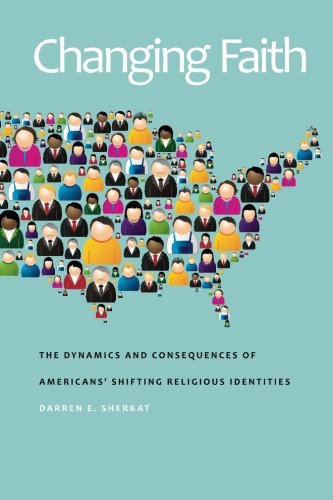
Expanding beyond the introduction to quantitative sociology of religion the RSP conducted earlier with David Voas, this conversation with Darren Sherkat covers religious demography in the American context. Unlike in the UK, or elsewhere, the U.S. census does not include questions about religion. U.S. religious demographers rely on privately-funded surveys, such as the General Social Survey (GSS), the American Religious Identification Survey (ARIS), Pew’s Religious Landscape Survey, Baylor Religion Survey, and Gallup polls, among others, for large-scale nationally representative data on religion. Sherkat evaluates the reliability of various surveys as well as the quality of the data on non-Christian populations in the U.S., given that the vast majority of respondents self-identify as Christians or as “nones.” demography (Ariela Keysar), belief and belonging (Abby Day), and identity and identification (with the Culture on the Edge group). Based on findings explored further in his book, Changing Faith (2014), Sherkat explains how generational cohort, lifecourse position, immigration, ethnicity, and religious switching affect religious identifications in America, as well as correlations between religious identifications and sexuality, among other topics.
Podcast: Play in new window | Download | Embed
Subscribe: RSS
You can download this interview, and subscribe to receive our weekly podcast, on iTunes. If you enjoyed it, please take a moment to rate us . And remember, you can use our Amazon.co.uk, Amazon.com, or Amazon.ca links to support us at no additional cost when buying academic texts, model airplanes, snow globes and more!







